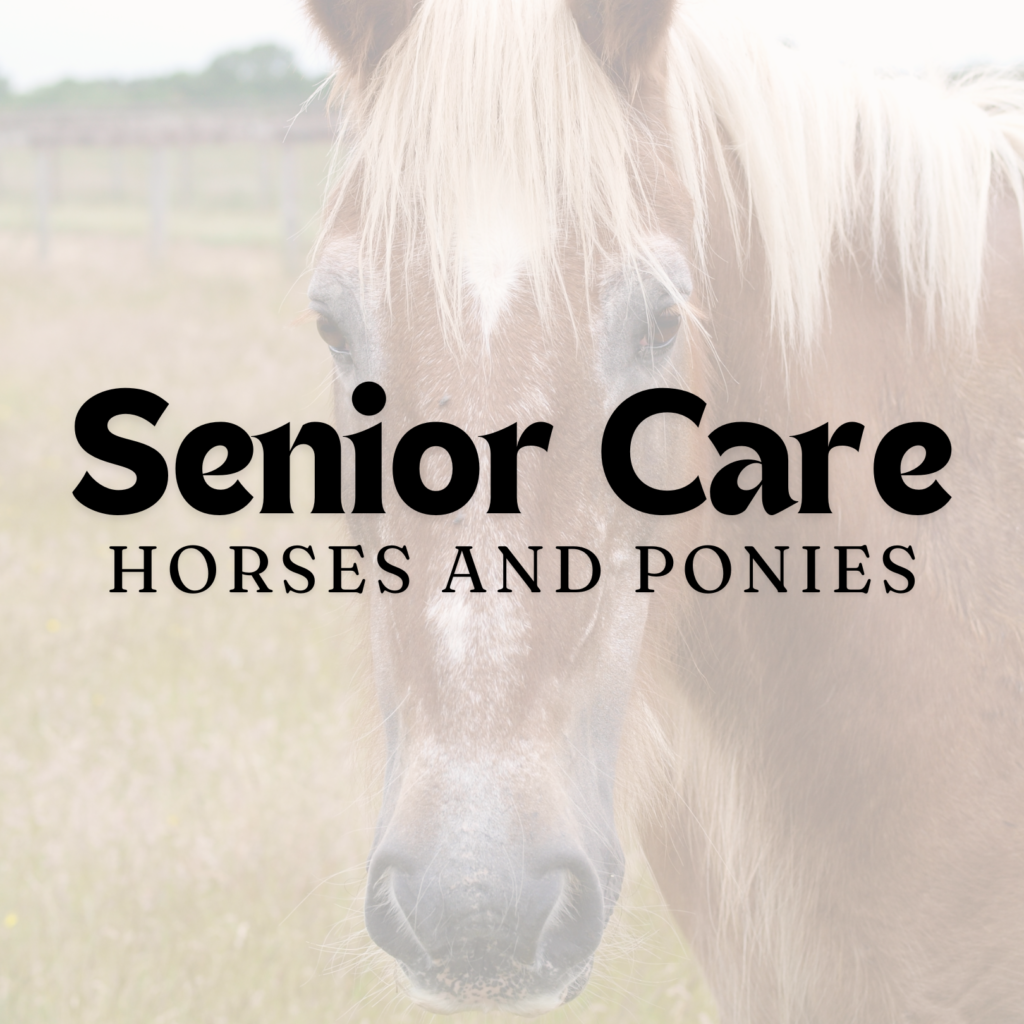Caring for the Older Horse and Pony

Taking care of Older Horses
The average horse lives to be approximately 20 years of age, although many ponies and a few horses live for 30 years. Older horses and ponies need a little extra care to ensure that they remain healthy and happy.
Feeding
Older horses and ponies need access to good quality feed and pasture as their nutrient demands increase because their digestive system becomes less efficient at converting food into energy and body tissues. This is more important if the horse is still in work. There are several commercially- available feeds specifically made for the older horse and your veterinarian will be able to help you decide which would best suit your requirements. A multi-vitamin and mineral supplement will be necessary if you are not feeding a ‘complete’ feed. If pasture is poor in quality, hay should be fed. This need not be best quality but should be quite readily digestible. Clean water must be available at all times.

Teeth and Feet
Regular attention to tooth care will enable the older horse or pony to make best use of the feed that he/she is receiving. A visit by your veterinarian or an equine dentist recommended by your veterinarian, once or possibly even twice a year, is necessary to ensure that sharp enamel edges or overgrowths do not form. In N. America regulations vary from state/province to state/province regarding the practice of equine dentistry. Tooth damage and abnormal growth can be recognized and dealt with. Equine teeth get stronger as they get older and abnormal growth problems are usually easier to correct at earlier rather than later
stages. Feet should be kept trimmed even if the horse or pony is not being exercised. This not only helps him/her move about but reduces the risk of abnormal hoof growth and associated foot pain developing, that may interfere with his/her ability to eat and will help maintain quality of life.
Disease conditions affecting the older horse and pony
Older horses and ponies are more likely to suffer from tumors, either of the skin or internal organs, some hormonal conditions, such as Cushing’s disease, degenerative diseases such as arthritis and muscle weakness, allergic respiratory disease and diseases of the liver and kidneys. This seems like a daunting list but most horses and ponies can and do lead happy and comfortable lives even in the presence of one or more of these conditions. Attention must be paid to appetite, attitude, and response to the environment and owners should look out for behavior changes that indicate poor health. A periodic blood check for signs of infectious, inflammatory, parasitic and metabolic diseases may be a helpful measure. In many cases all that is required is a little extra care, e.g., making feed more palatable or more appealing, either by changing it to a specialized ration or by the addition of treats such as chopped apples, carrots and molasses.
Vaccinations and Deworming
As they become older, horses and ponies become more susceptible to the damaging effects of parasites and infections. The maintenance of regular worming and vaccination programs is essential to reduce the risk of ill health, either directly or indirectly related to parasite damage or infection such as ‘flu’ (Equine Influenza).

And Finally…
Most old horses and ponies are able to lead a good quality life for many years after their working life is over. They are often excellent companions for younger horses or orphan foals. They can also be a wonderful first introduction for young children to the joys of just having a horse around.
However, it is important that we make sure that they are still enjoying their lives. This can be
clearly and honestly assessed by those who know them by their demeanor and their behavior.
Old horses and ponies should not be left to suffer and when they are no longer enjoying
themselves, for incurable reasons, humane euthanasia should be discussed with your veterinarian, earlier rather than later. However painful a decision this may be to you, it will be a kindness to your friend.
Edited by Kim McGurrin BSc DVM DVSc Diplomate ACVIM © Copyright 2010 Lifelearn Inc. Used and/or modified with permission under license.
